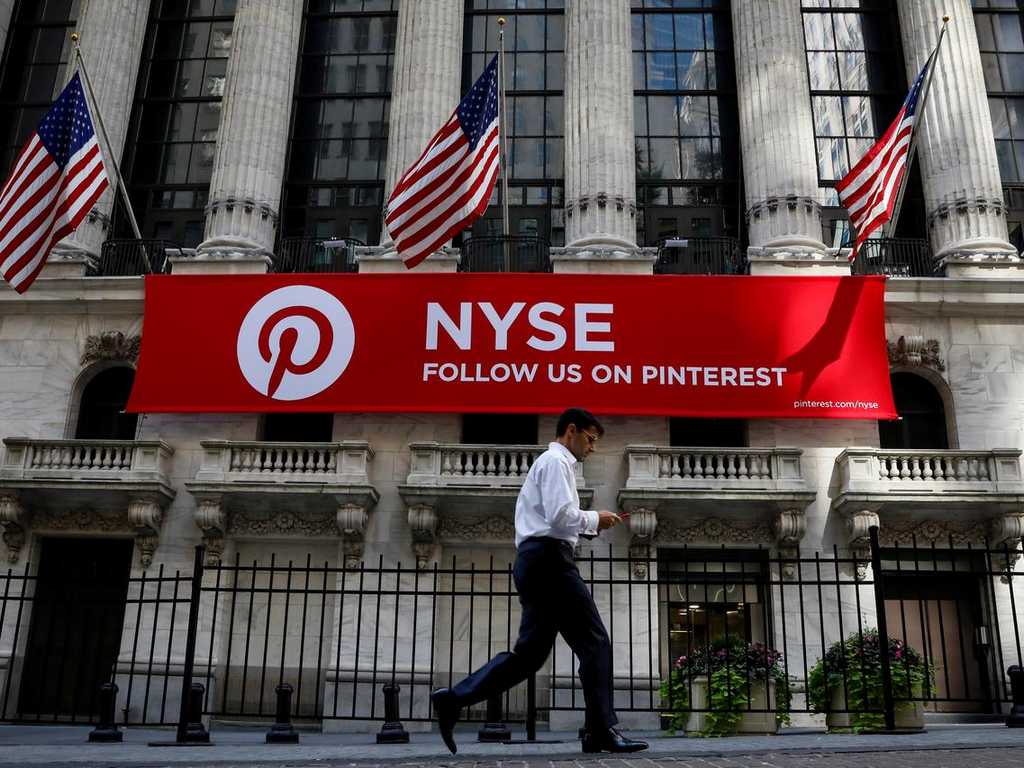Pinterest is the latest Silicon Valley company to file for an Initial Public Offering. The Francisco-based social media and image board platform has built a significant advertising and commerce business from its growing user base. The company says that it has earned more than $750 million in revenue last year, and it’s cut its losses from nearly $200 million in 2016 down to just under $75 million annually, which is still not profitable. According to Pinterest, the company recorded a profit in the fourth quarter of 2018, although the recorded profit was not enough to get the company out of the red for the full calendar year.
Headed by original co-founder and CEO Ben Silbermann, Pinterest intends to go public in the New York Stock Exchange. With the plan achieved, the company will fall in line with ride-hailing companies Uber and Lyft, on-demand delivery company Postmates, workplace communication platform Slack, and hotel and short-term home rental service Airbnb, as one of the few Silicon Valley company planning an IPO this year.
In its filing, Pinterest says that it plans to list itself on the New York Stock Exchange using the ticker symbol “PINS”. The company has not revealed how many share it is selling in the IPO or how much money it intends to raise.
Primarily was launched in 2010 and the primary makes money through attracting advertisers to its platform, where users create their own board where they self-identify their interests which advertisers exploit to sell their products. Pinterest says its more than 250 million monthly active users have created more than 4 billion boards with a cumulative 175 billion pins saved.
Effectively, Pinterest competes not so much with social media sites like Facebook or e-commerce websites like Amazon but with search engines and search-based product advertising tools, as well as with sites that manually or algorithmically curate products against which advertisers can run ads.
“We primarily compete with consumer internet companies that are either tools (search, e-commerce) or media (newsfeeds, video, social networks),” Pinterest writes in its S-1 filing. “In this way, Pinterest is unique. Most consumer internet companies are either tools (search, e-commerce) or media (newsfeeds, video, social networks),” the company argues. “Pinterest is not a pure media channel, nor is it a pure utility. It’s a media-rich utility that satisfies both emotional and functional needs by solving a widespread consumer problem that is unaddressed by many other platforms. We call it discovery.”
Similar to many other tech companies like Google and Facebook, Pinterest will divide its stock into two classes–one that will give the holder one vote per share, and another that will get 20 votes per share. Shares held by company executives and board members will be converted into second, more powerful, class of stocks.
ALSO READ:
- Samsung Galaxy A90 to feature ‘notch-less Infinity’ display, reveals official site
- Motorola One Vision expected to debut soon with Android 9.0 Pie
- Apple to launch truly wireless Powerbeats earbuds in April: Report

